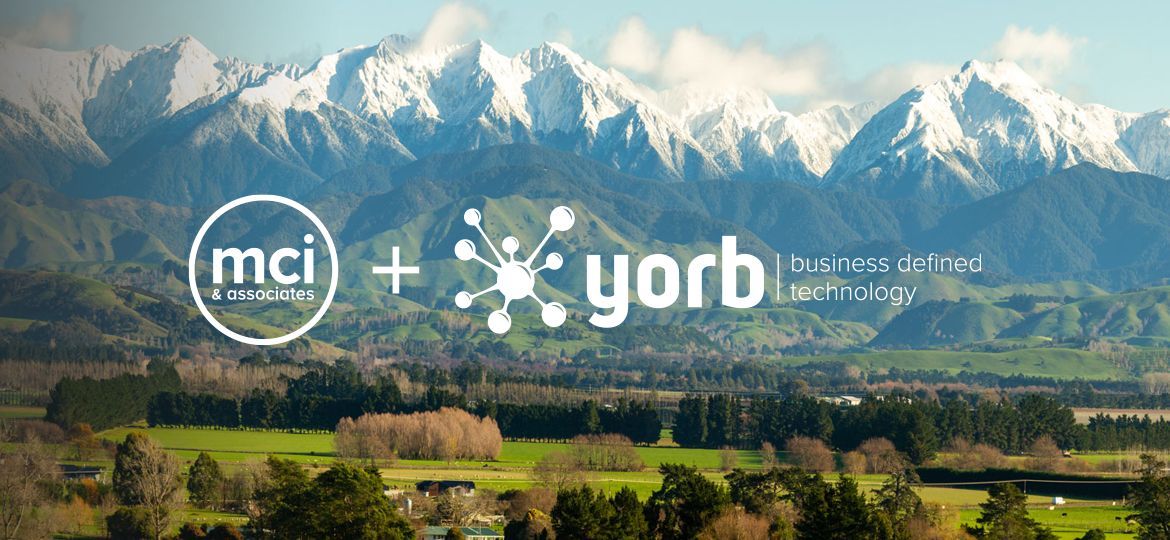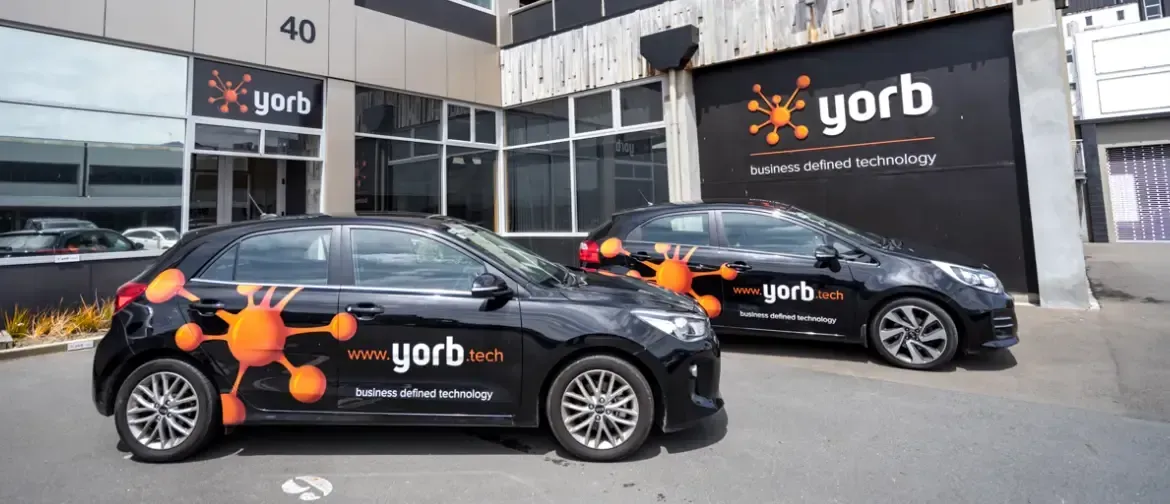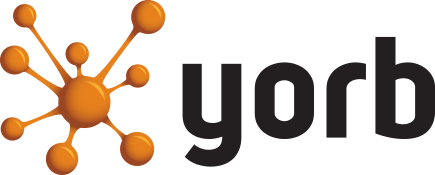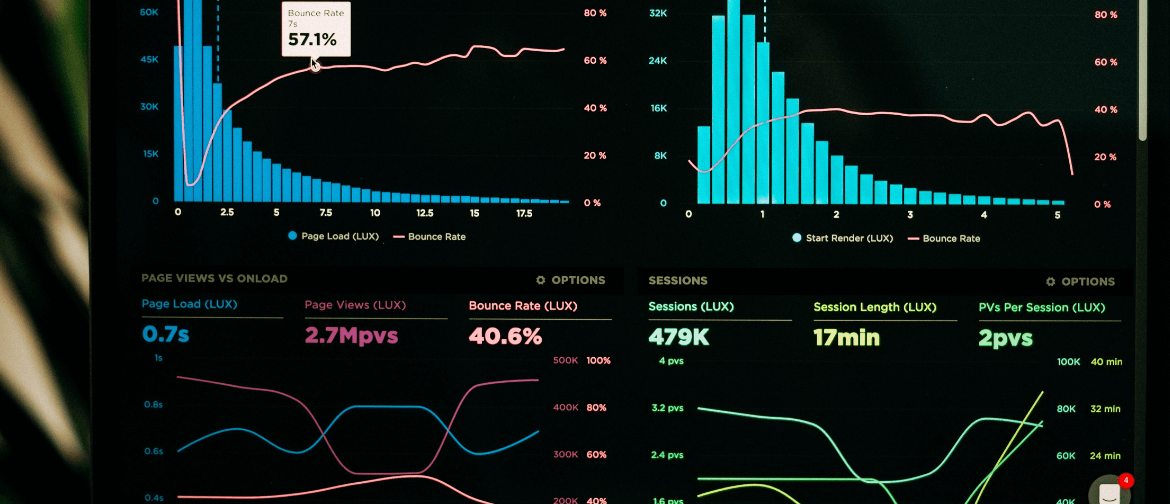Strategic Technology Planning: Leveraging Insights for Long-term Success
Chris Shakeshaft • August 28, 2023
In an era defined by rapid technological advancements and ever-evolving digital landscapes, organisations must adopt a proactive approach to technology adoption and innovation. This approach is embodied in the concept of Strategic Technology Planning, a critical process that enables businesses to harness the power of insights and foresight to achieve long-term success.
The Essence of Strategic Technology Planning
Strategic Technology Planning involves aligning an organisation's technological endeavours with its overall business strategy and objectives. It goes beyond the conventional approach of simply integrating technology for immediate gains. Instead, it revolves around anticipating future trends, identifying potential disruptions, and positioning the organisation to take advantage of emerging opportunities.
At its core, this planning process involves:
- Vision and Alignment: Strategic Technology Planning starts with a clear vision of where the organisation aims to be in the future. It aligns technological decisions with this vision, ensuring that technology becomes an enabler of business goals rather than a mere operational necessity.
- Innovation and Adaptability: Technological advancements are relentless. Strategic Technology Planning emphasises the importance of fostering an innovative culture that adapts to change. It encourages businesses to explore emerging technologies that could revolutionise their industry.
- Risk Management: Every technological endeavour carries risks. A strategic plan anticipates these risks and develops mitigation strategies. This minimises the impact of unforeseen challenges on the organisation's operations.
Leveraging Insights for Long-term Success
Central to Strategic Technology Planning is the idea of leveraging insights, both from internal and external sources. Here's how organisations can harness these insights for long-term success:
Data-driven Decision Making
In the age of big data, organisations have access to an unprecedented amount of information about their customers, markets, and operations. Strategic Technology Planning uses data analytics to uncover patterns, trends, and customer preferences. These insights drive informed decision-making, enabling businesses to tailor their technology investments to meet evolving demands.
Foresight and Scenario Planning
Strategic Technology Planning is not about predicting the future with certainty, but about preparing for various potential scenarios. By analysing trends, organisations can develop multiple scenarios of how their industry might evolve. This prepares them to adapt swiftly to any of these scenarios, ensuring resilience in the face of uncertainty.
Stakeholder Engagement
Incorporating insights from both internal and external stakeholders is crucial. Employees, customers, partners, and industry experts can provide diverse perspectives that shape the strategic plan. This not only enhances the quality of decisions but also increases buy-in from those affected by the technological changes.
Competitive Intelligence
Understanding competitors' technological strategies is integral to gaining a competitive edge. Through competitive intelligence, organisations can identify gaps in their technology offerings, anticipate rivals' moves, and position themselves strategically to outperform their competitors.
Innovation Ecosystems
Strategic Technology Planning extends beyond an organisation's boundaries. Collaboration with startups, research institutions, and other industry players fosters an innovation ecosystem. This ecosystem can provide different technologies and ideas, potentially giving the organization a first-mover advantage.
Ethical and Societal Considerations
Long-term success is not solely measured in financial terms. A strategic plan must also consider the ethical and societal implications of technology adoption. Being a responsible technological leader enhances the organisation's reputation and ensures its sustained relevance.
The Benefits of Strategic Technology Planning
Organisations that embrace Strategic Technology Planning stand to reap a multitude of benefits:
- Future-proofing: By aligning with future trends and opportunities, businesses can position themselves as industry leaders and remain relevant in rapidly changing markets.
- Innovation Leadership: Strategic planning encourages continuous innovation, allowing organisations to stay ahead of the curve and drive industry progress.
- Operational Efficiency: Proper planning leads to streamlined operations and optimised resource allocation, ensuring that technology investments generate value.
- Risk Mitigation: Anticipating and preparing for risks minimises disruptions, enabling the organisation to respond effectively to challenges.
- Enhanced Agility: A well-structured plan equips the organisation with the agility to adapt quickly to changing circumstances.
- Stakeholder Confidence: When stakeholders see a clear, well-informed technological roadmap, it instils confidence in the organisation's leadership and direction.
Conclusion
In an era where technology is both a disruptor and an enabler, Strategic Technology Planning is not a luxury but a necessity. Organisations that take a proactive approach to technology, driven by insights and foresight, position themselves for long-term success. By aligning technology with business goals, anticipating trends, and fostering innovation, these organisations ensure they are not only competitive today but also poised to thrive in the future's ever-evolving digital landscape.
Recent Posts




